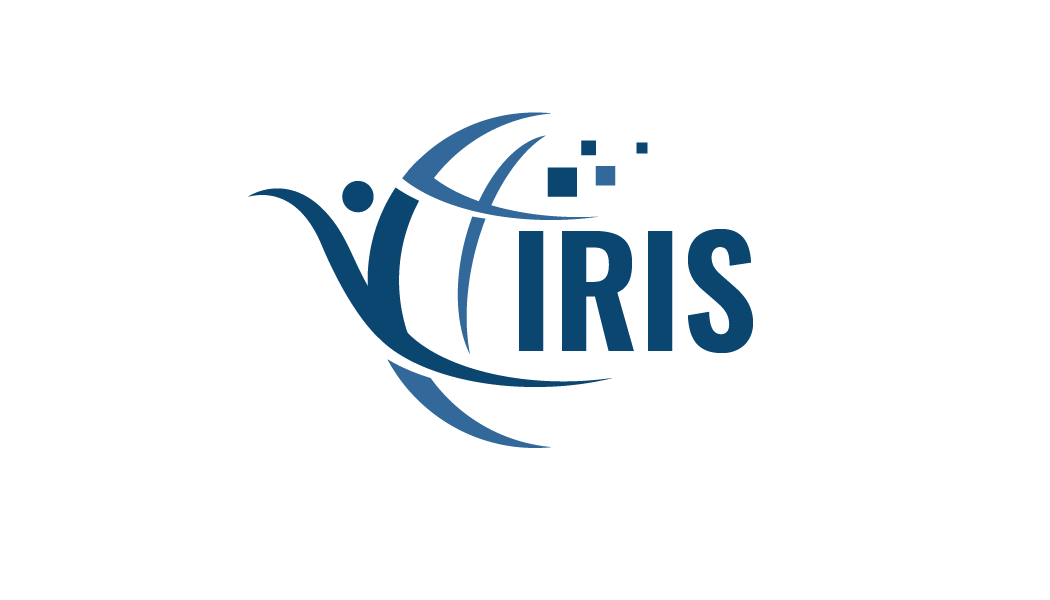14th Scandinavian Conference on Information Systems
Abstract
It is hard to predict the impact of technology on society before it is developed enough. For example, the issue can be attributed to the need for more cross-sectoral collaboration in the design process. However, a solution for anticipating such outcomes has been proposed through the quadruple helix innovation model, which states that the involvement of government, academia, industry, and the public is essential in innovation systems. The question of how this collaboration can successfully be staged to foresee possible impacts is an empirical endeavour. This paper presents an iterative case study of how ethnographic material can be used to ongoingly tailor speculative co-creation to facilitate responsible innovation (RI) principles. The result is reflected through two lenses; the tools developed in the project to facilitate co-creation activities and the stakeholder reflections evoked through these tools.
Recommended Citation
Raats, Kaspar; Fors, Vaike; and Ebbesson, Esbjörn, "TAILORING CO-CREATION FOR RESPONSIBLE INNOVATION: A DESIGN ETHNOGRAPHIC APPROACH" (2023). 14th Scandinavian Conference on Information Systems. 15.
https://aisel.aisnet.org/scis2023/15


